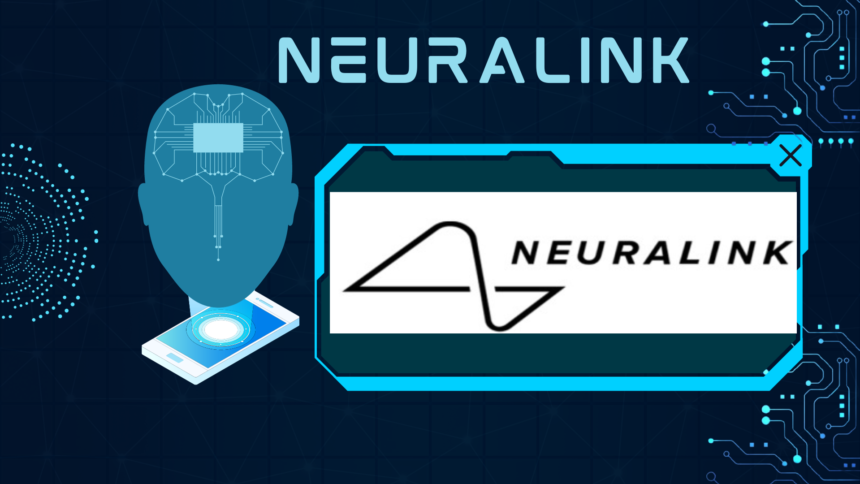Elon Musk’s company, Neuralink, has recently announced plans to begin human trials for their brain implant technology. The project, known as the Precise Robotically Implemented Brain Computer Interface Study, aims to evaluate both the safety and functionality of the implant. Now Neuralink is developing a brain-computer interface (BCI) that could be used to implant microchips in people’s brains. The company has begun trials of the technology, which is still in its early stages of development.
The implant will be surgically placed in the part of the brain that controls the intention to move. Installed by a robot, the chip will record and send brain signals to an app. The initial goal is to grant people the ability to control a computer cursor or keyboard using their thoughts alone.

Those with quadriplegia due to cervical spinal cord injury or amyotrophic lateral sclerosis (ALS) may qualify for the six-year-long study. The study includes 18 months of at-home and clinic visits followed by follow-up visits over five years.
Musk has said that the brain-computer interface could be used to treat a variety of conditions, including blindness, paralysis, and epilepsy. He has also suggested that it could be used to enhance human performance, such as by improving memory or learning new skills.
The brain-computer interface technology works by implanting small electrodes in the brain. The electrodes would then be used to record brain activity and transmit it to a computer. The computer would then use the brain activity to control a device, such as a prosthetic limb or a computer cursor.
The trials of the brain-computer interface technology are still in their early stages, and it is not yet clear how safe and effective it will be. However, the potential benefits of the technology are significant, and it is worth continuing to research and develop.
In addition to the potential benefits of the BCI technology, there are also some potential risks. One concern is that the technology could be used to manipulate people’s thoughts or behavior. Another concern is that the technology could be used to create a new class of social inequality, with people who have access to the technology being able to outperform those who do not.
Overall, the BCI technology is a promising new development that has the potential to revolutionize the way we interact with the world. However, it is important to be aware of the potential risks associated with the technology and to develop safeguards to mitigate those risks.





